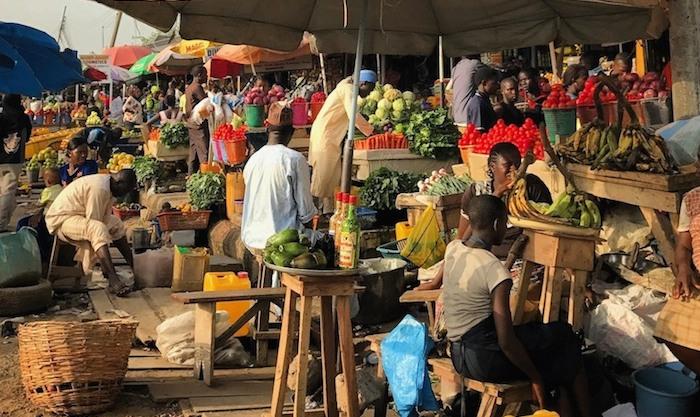Our Terms & Conditions | Our Privacy Policy
Over one million Nigerians face severe food crisis in 2024 — World Bank — News — The Guardian Nigeria News – Nigeria and World News
Nigeria’s food security crisis has worsened in 2024, with over one million additional people experiencing severe food insecurity compared to the previous year, the World Bank reports.
The recently released ‘Food Security Update Report’ identifies Nigeria, Ethiopia, and Yemen as countries with significant increases in the number of people facing acute food shortages.
“Conversely, some countries saw improvements. Nations such as Afghanistan, Guatemala, and Kenya reported declines in food insecurity, with over one million fewer people facing acute food crises, although these countries remained in significant food crisis situations,” the report stated.
“On the other hand, 18 countries experienced worsening situations due to factors including intensified conflict and climate-related shocks, such as droughts. Notable examples include Ethiopia, Nigeria, and Yemen, each witnessing an increase of more than one million people facing high levels of food insecurity from the previous year,” it added.
The report attributes Nigeria’s crisis to a combination of climate-induced challenges and socio-political instability across various regions.
“In Nigeria, an estimated 1.6 million hectares of land have been inundated, including 342,650 hectares of cropland, affecting 685,770 vulnerable individuals. In Mali, 344,000 people were affected, and 1.6 million hectares of land flooded, including nearly 500,000 hectares of cultivated land,” the report noted.
The report further highlighted that other West African nations—such as Cameroon, Central African Republic, Côte d’Ivoire, Gambia, Guinea, Guinea-Bissau, Liberia, Sierra Leone, and Togo—have also experienced flooding, while northern and northeastern Nigeria and Ghana are grappling with dry spells, negatively impacting crop production and increasing food insecurity.
“In total, floods and droughts have affected approximately 3.5 million people, who require emergency support. It is estimated that $50 million is needed to help 760,200 communities meet their basic food needs,” the World Bank noted.
Domestic food price inflation in Nigeria remains one of the highest globally. As of August 2024, food prices surged by 37.5% year-on-year, straining household incomes and leaving low-income families struggling to afford basic food items.
The World Bank called for urgent intervention to address the immediate food needs of affected populations and mitigate the impact of future food crises.
Images are for reference only.Images and contents gathered automatic from google or 3rd party sources.All rights on the images and contents are with their legal original owners.



Comments are closed.